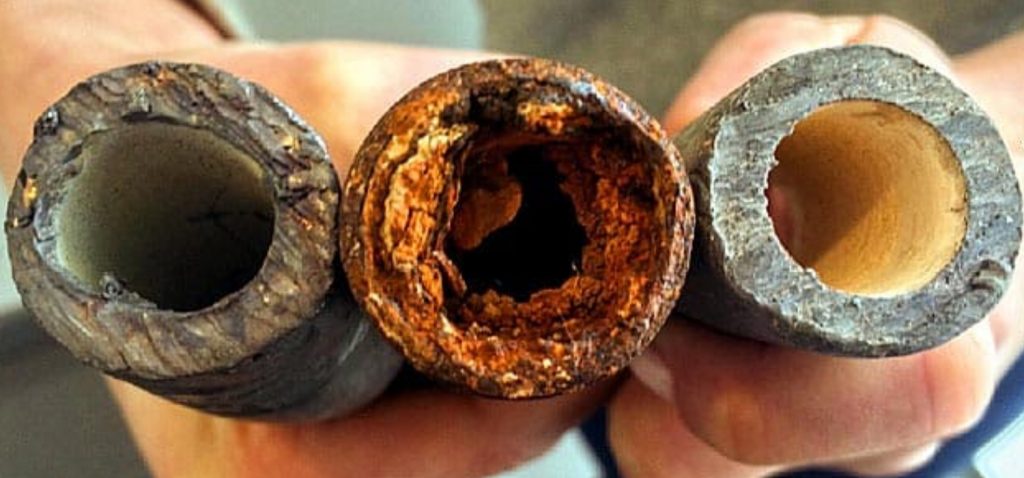Overview
You should know more about the consequences of water scaling on water facilities to appreciate how critical it is to treat water before scale deposits form. Limescale deposits cause significant damage to steam equipment, washing equipment, and heating and cooling components, particularly in the food service and hospitality industries. The formation and accumulation of limescale deposits can harm sewers, pipes, ice machines, coffee makers, and other utilities.
Scale deposits formed by hard water can cause long-term harm to the appliances and pipelines in which they form.
Scale deposits will, at first, primarily reduce the efficiency of the system or appliance in question. The appliances may become completely defective over time. This can necessitate pricey repairs. When we do these repairs, the facility’s operating expenses will inevitably arise. The hard water evaporates in various hot equipment such as steamers and boilers, leaving minerals and concentrate behind.
Limescale can form in frozen water as well. The silt in the water will crystallize into crystals. This may cause ice deformity, valve scoring, blockages, and perhaps tube limitation, all of which can be expensive to fix. Scale deposits may be successfully eliminating with the correct reverse osmosis equipment, whether you use hot or cold appliances. Water softeners in tiny doses will also be use to soften the water.
Treatment Options for Scaling
It’s highly suggesting that you undergo a site assessment and a water-quality test before treating your water. We need to do this to get rid of any hardness or scale deposits that have already accumulated. A water treatment professional may analyze your water before giving you advice on how to treat it properly. We, here at Jateen Trading Co., when our water treatment professional arrives at your home or company, they will begin by testing the water for hydrogen sulphide, acidity, iron, and hardness, the latter of which entails looking for magnesium or calcium ions in the water.
The pH levels of water will be use to determine the acidity of the water. If the water is too acidic, with a pH below 5.0, it suggests that the water has large levels of minerals and pollutants. The findings of the testing will be transmitting to an independent laboratory to start evaluating once the water quality has been determining. The lab will test the water for mineral, organic, inorganic, and microbiological pollutants.
The water treatment dealer will do a visual assessment of the plumbing throughout the premises. Any water-using appliances and fixtures will check for scale deposits. The facility’s typical water demand will be determining in order to guarantee that the appliances are not less efficient. Water treatment devices, ranging from whole-house filters to water softeners, will be recommended after the test findings have been thoroughly analyzed.
Bottom Line
Due to the extensive damage that water scaling can cause, it’s highly suggested that you treat water before scale deposits form, which will help you avoid costly repairs. Contact Jateen Trading Co. now and get assistance on how to remove scaling. We are happy to hear from you. Do you find this article interesting? Then please visit the rest of the blogs as well. We’re confident you’ll find them exciting and valuable as well.


